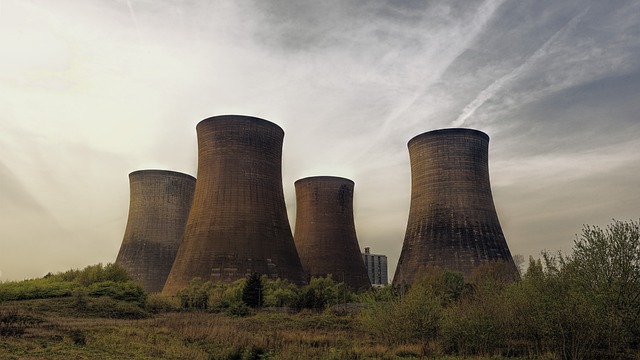Is Nuclear Power Plants in the UK the Way Forward to Fight Against Climate Change?
As the world grapples with the urgent need to combat climate change, the United Kingdom finds itself at a crossroads in determining the most effective and sustainable energy solutions. One potential way forward is through nuclear power plants, which have the potential to significantly reduce greenhouse gas emissions and provide a reliable source of clean energy. Here, we will explore the advantages and disadvantages of nuclear power and assess whether it is indeed the way forward for the UK in its battle against climate change.
Nuclear power has numerous benefits when it comes to tackling climate change. Firstly, nuclear energy produces virtually no greenhouse gas emissions during operation. Unlike fossil fuels, nuclear power does not release carbon dioxide or other harmful gases into the atmosphere, making it an attractive option for reducing the UK’s carbon footprint. Additionally, nuclear power plants can operate continuously, providing a reliable and stable source of energy that is not dependent on weather conditions. This is particularly important as renewable energy sources such as solar and wind power can be intermittent, requiring backup systems.
Another advantage of nuclear power is its high energy density. Nuclear fuel contains a significant amount of energy, enabling a small amount of fuel to generate a tremendous amount of electricity. This means nuclear power plants require less physical space compared to other energy sources, potentially freeing up land for other purposes. Additionally, the power density of nuclear energy can help meet the increasing demand for electricity in the UK, which is expected to rise significantly in the coming years.
However, there are also several concerns and drawbacks associated with nuclear power plants. One major issue is the long-term management and disposal of nuclear waste. The radioactive waste generated by nuclear power plants remains hazardous for thousands of years, posing a significant environmental and health risk if not handled properly. The UK would need to invest in robust waste management strategies and repositories to ensure the safe storage and disposal of nuclear waste.
Furthermore, nuclear power plants are extremely capital-intensive and costly to construct. The high initial investment required for building nuclear facilities has often deterred governments from pursuing this option. Additionally, the complexity and scale of nuclear projects often lead to delays and cost overruns, further escalating the financial burden. The economic viability of nuclear power needs to be carefully considered, especially in comparison to other renewable energy alternatives that may be more cost-effective and quicker to deploy.
In conclusion, nuclear power plants in the UK could offer a way forward in the fight against climate change. The benefits of low greenhouse gas emissions, continuous operation, and high energy density make it a promising option for meeting the country’s growing energy needs while reducing carbon emissions. However, challenges related to nuclear waste management and the substantial financial investment required cannot be overlooked. Policymakers and experts must thoroughly weigh the pros and cons of nuclear power and consider a comprehensive energy strategy that combines various renewable energy sources to ensure a sustainable and climate-friendly future for the UK.
